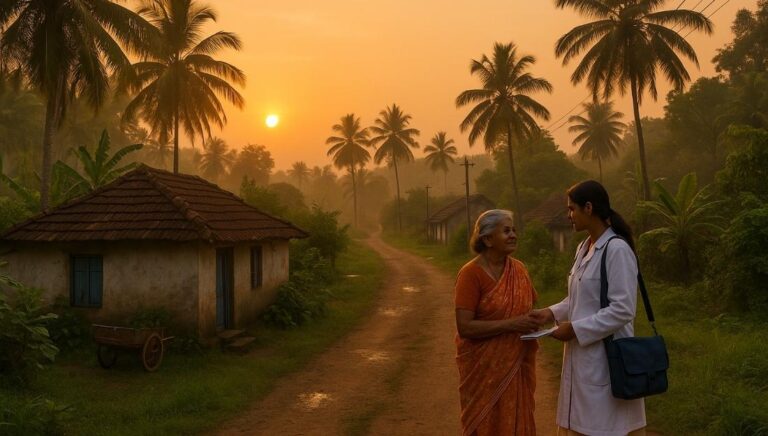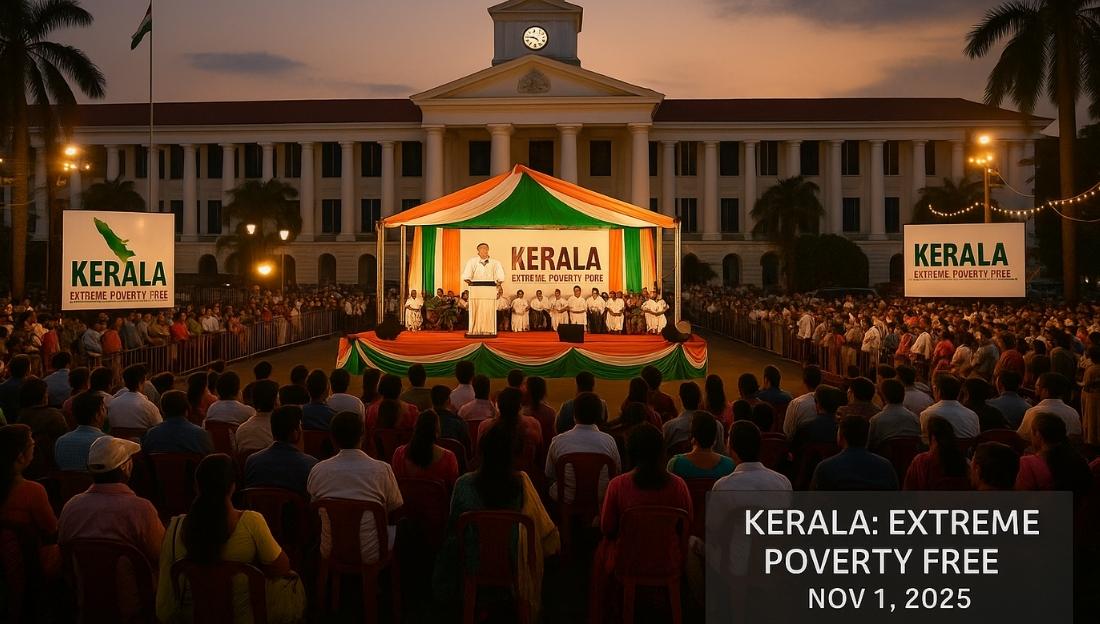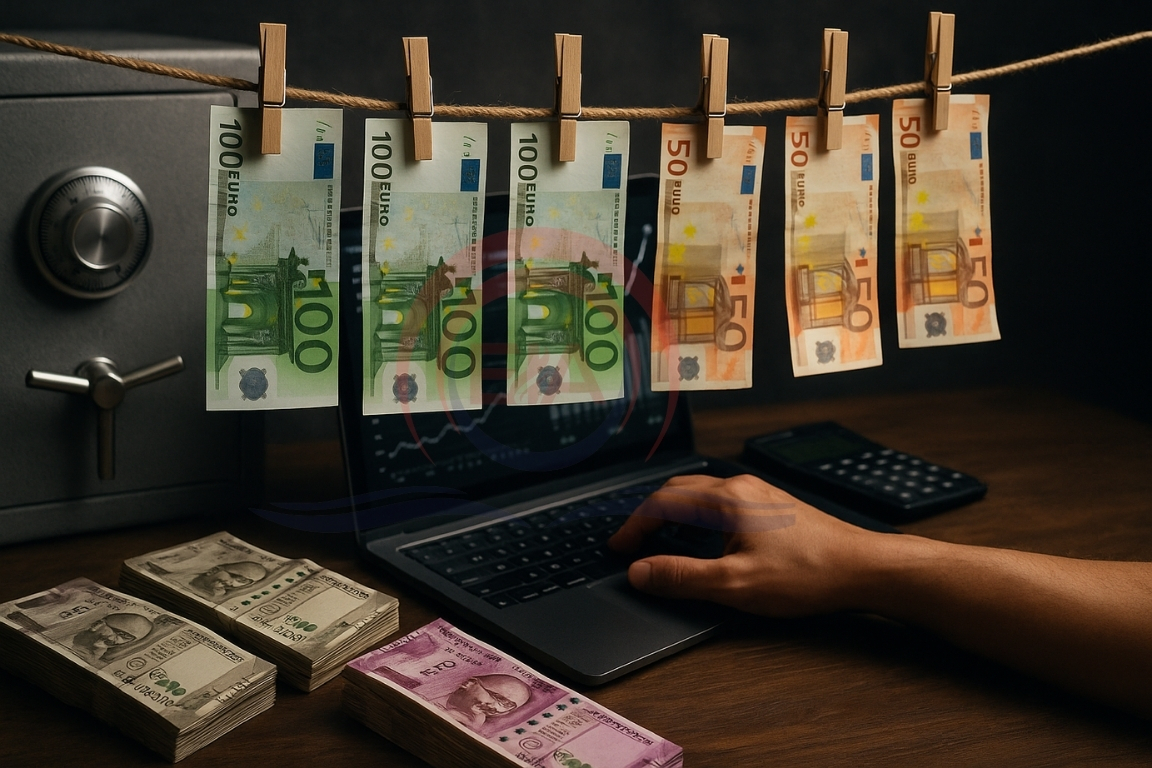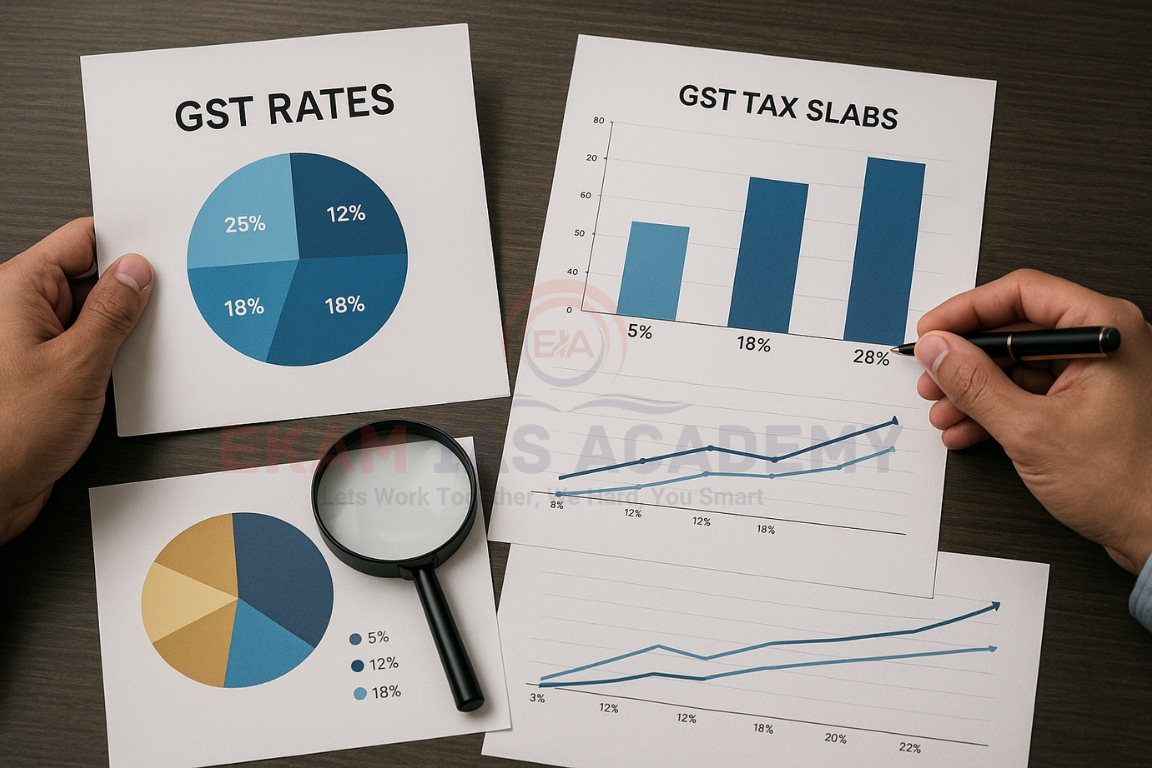Kerala will officially declare itself “free from extreme poverty” on November 1, 2025, marking a first in India. The announcement will be made by Chief Minister Pinarayi Vijayan at a public event in Thiruvananthapuram.
Background
- The Extreme Poverty Eradication Programme was among the first Cabinet decisions of the current Left Democratic Front (LDF) government in 2021.
- According to a NITI Aayog study (2021), Kerala already had the lowest poverty rate in India at 0.7% of its total population.
- Building on this, the government identified and targeted families still living in extreme deprivation.

Implementation Process
- Identification of Families: Through detailed field surveys, 64,006 families were marked as extremely poor based on parameters such as food security, housing, health, and income.
- Support and Rehabilitation: 3,913 families received new houses, and 1,338 families were provided land. 5,651 families were granted financial aid up to ₹2 lakh for home repairs.
- Essential documents (like ration cards, Aadhaar, or voter IDs) were issued to over 21,000 individuals lacking them.
- Comprehensive Micro Plans: Each family received a customised micro-plan addressing both short-term and long-term needs. The initiative was inclusive, involving all local bodies, irrespective of political affiliation.
Outcome
- Out of 64,006 identified families, 59,277 have been lifted out of extreme poverty.
- Some families were untraceable due to migration or death of lone members.
- The government continues to track and support remaining households.
Definitions in Simple Terms
Poverty
- General poverty means lacking income or resources to meet basic needs: food, shelter, clothing, education, healthcare.
- It is usually measured by income or consumption levels.
- In India, poverty lines are based on monthly per capita consumption expenditure (e.g., Tendulkar Committee).
Extreme Poverty
Institution Definition
UN / World Bank Living on less than $2.15/day (PPP) — reflects severe deprivation
India (Kerala benchmark) Living on less than ₹180/day/person — unable to afford basic necessities like food, shelter, healthcare
- Extreme poverty implies chronic hunger, poor health, and no access to basic services.
Multidimensional Poverty
Institution Definition
UNDP (Global MPI) Poverty measured across three dimensions: health, education, and living standards
India (National MPI by NITI Aayog) Uses 12 indicators under health, education, and standard of living to assess deprivation
Key Dimensions:
- Health: Nutrition, child mortality
- Education: Years of schooling, school attendance
- Living Standards: Electricity, sanitation, drinking water, housing, cooking fuel, assets
Latest Stats (2025)
- Extreme Poverty in India: Declined sharply; Kerala to be declared free of extreme poverty on Nov 1, 2025.
- Multidimensional Poverty: 135 million people exited MPI poverty between 2016–2021. Bihar, Jharkhand, and Uttar Pradesh have highest MPI levels.
Significance
- Kerala becomes the first Indian State to eradicate extreme poverty through a localized, welfare-driven approach.
- It showcases the success of grassroots governance, inclusive planning, and social equity policies.
- The model can serve as a replicable framework for other States to eliminate poverty sustainably.
Conclusion
Kerala’s achievement reflects the power of targeted welfare and community-led governance in eradicating deep-rooted poverty. It sets a strong example for other Indian States to pursue inclusive and sustainable development.
This topic is available in detail on our main website.





